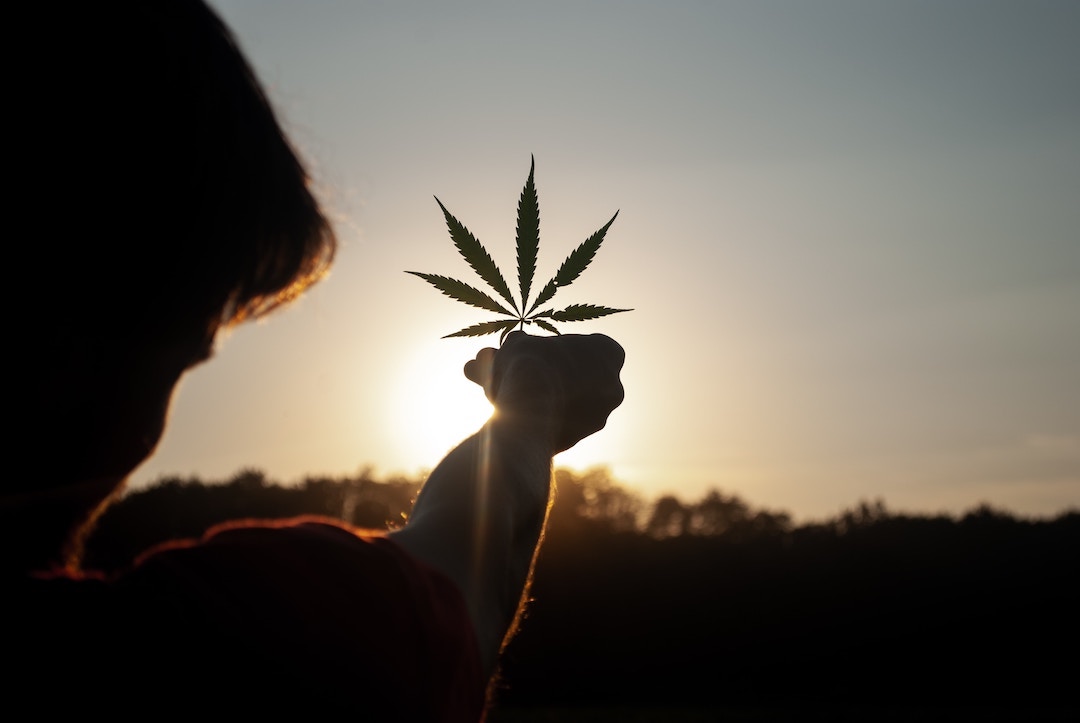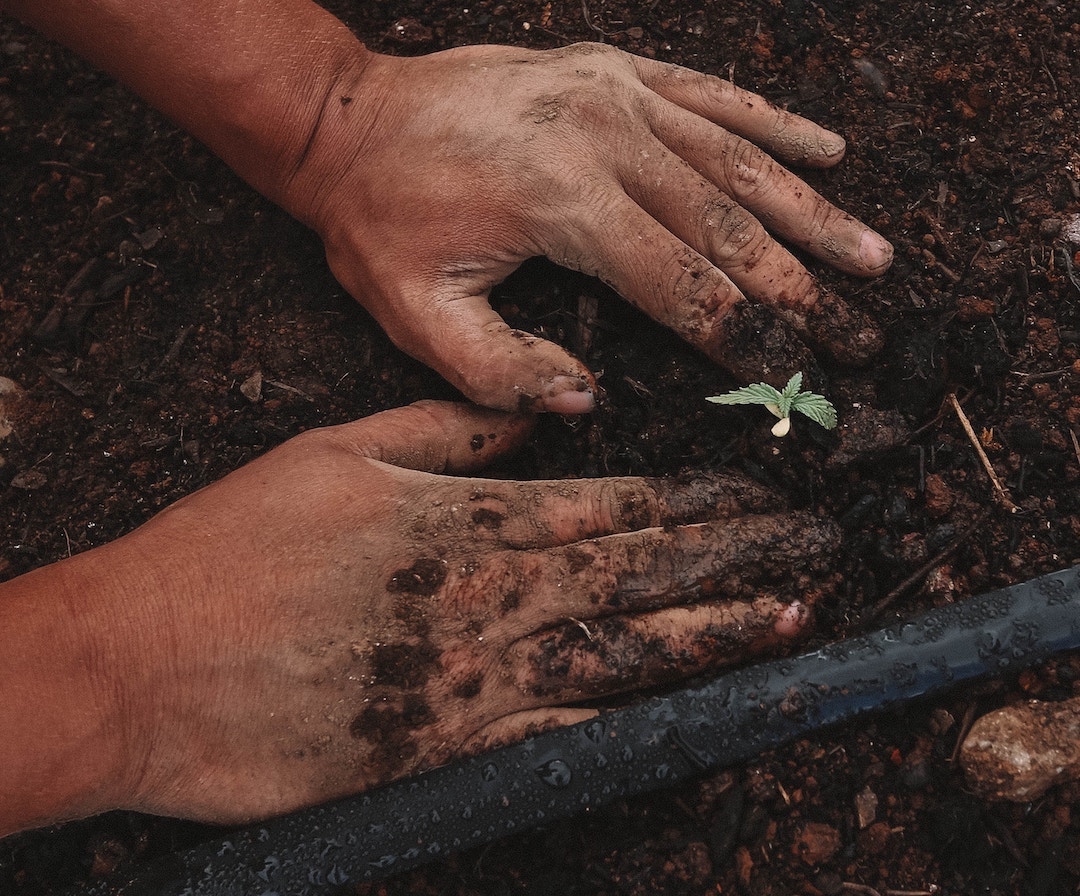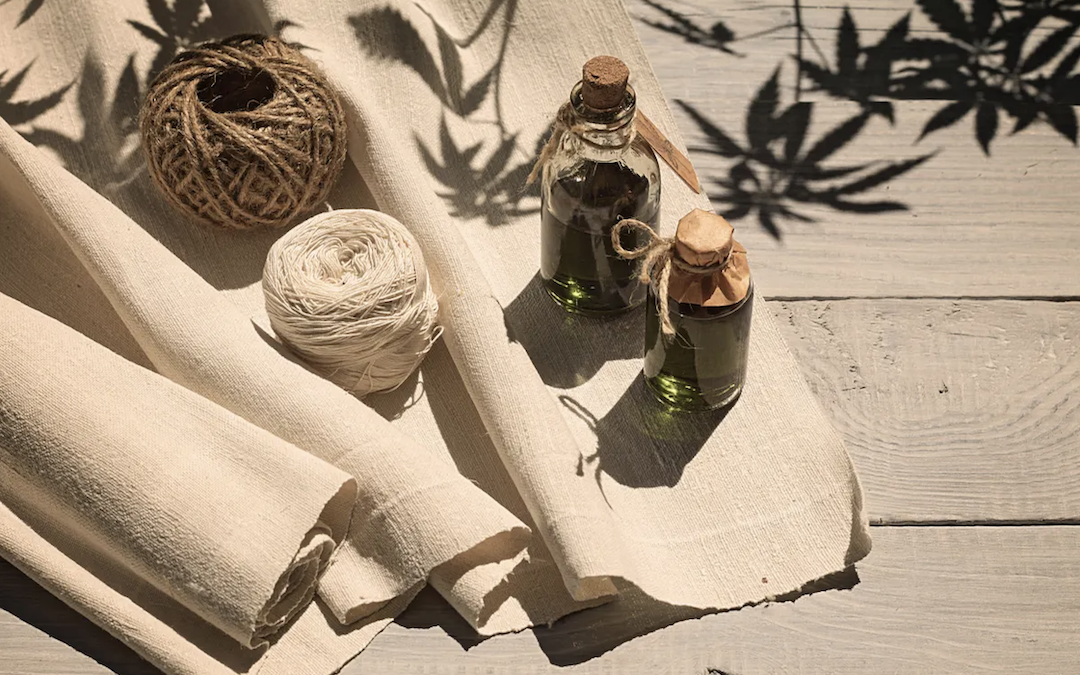Major leaders in Australia’s hemp industry are calling for new legislation to promote growth in this mostly untapped market.
In October 2023, Legalise Cannabis MLC Jeremy Buckingham hosted an event at NSW Parliament House to discuss the future of the hemp industry in Australia. Along with his fellow industry leaders, Buckingham believes that hemp could grow into a multibillion-dollar industry if given the chance. But what are the benefits of growing hemp in New South Wales? And what are the concerns?

Let’s talk economics
NSW is home to 1,200 hectares of land dedicated to hemp cultivation, more than every other Australian state combined. This means more jobs and opportunities for hemp farmers, who can sell their products internationally. Similarly, hemp is used in more than 25,000 products spanning nine sub-markets. This includes everything from agriculture to fencing to medicine.
The President of the Australian Industrial Hemp Alliance, James Vosper, emphasises the economic benefits of expanding hemp cultivation in NSW.
“There are roadblocks to an industry where there is a potential $6 billion market for animal feed alone,” he says.
Growing hemp has been legal in NSW since 2008, and the industry has been steadily expanding since then. According to a report from The United Nations Conference on Trade and Development, the global hemp market could reach $18.6 billion by 2027, which is around four times higher than in 2020.
Green thumbs
The hemp plant consists of two main components: the bark, which is made up of fibres used in textiles; and the hurd, which is used in mulch products. It is known as a ‘low input’ crop, due to its ability to grow throughout the country while benefiting the soil and biota. In fact, hemp has been planted in contaminated soils as it can extract heavy metals and other toxins from the ground.
Other environmental benefits of hemp include its carbon sequestering capabilities. Hemp plants can sequester carbon at 50 times the rate of timber. Similarly, as all parts of the plant can be used once harvested, growing it can reduce waste. It’s fast growing, and versatile in a variety of weather conditions.

A way forward
Currently, hemp can only be grown in Australia under a licence issued by a state government. In NSW, the handling and sale of hemp products, such as seeds, also requires a licence. All plants bred in NSW must have tetrahydrocannabinol (THC) levels below 1 per cent.
According to Buckingham, “the hemp industry is very much in its infancy in NSW but the potential for the state economy, and for jobs in regional areas, is largely untapped.”
In the recent meeting with key state officials, hemp industry leaders asked for more relaxed legislation in the hopes that production will expand.
Tim Schmidt, President of the Australian Hemp Council, stated that the meeting focused on the future of hemp legislation and support of farmers.
“We look forward to continuing dialogue and securing support for important initiatives,” he says.
“These include deregulating hemp seed oil products for pet food, hemp products for food and beverages as well as further investing in research, advocacy and developing industry standards.”
Dialogue also centred around whether hemp production could help communities work towards a greener, more sustainable future. It remains to be seen how these discussions will impact future legislation and policy, but the conversation has certainly begun.
For more information, head to our comprehensive guide to Australia’s emerging agricultural industry.

